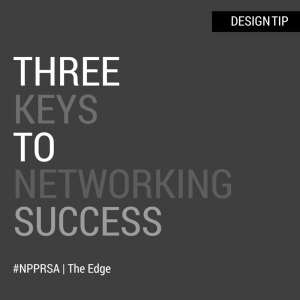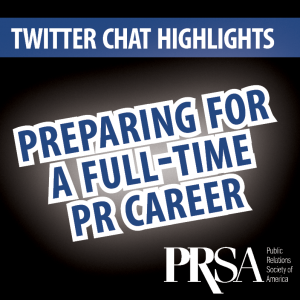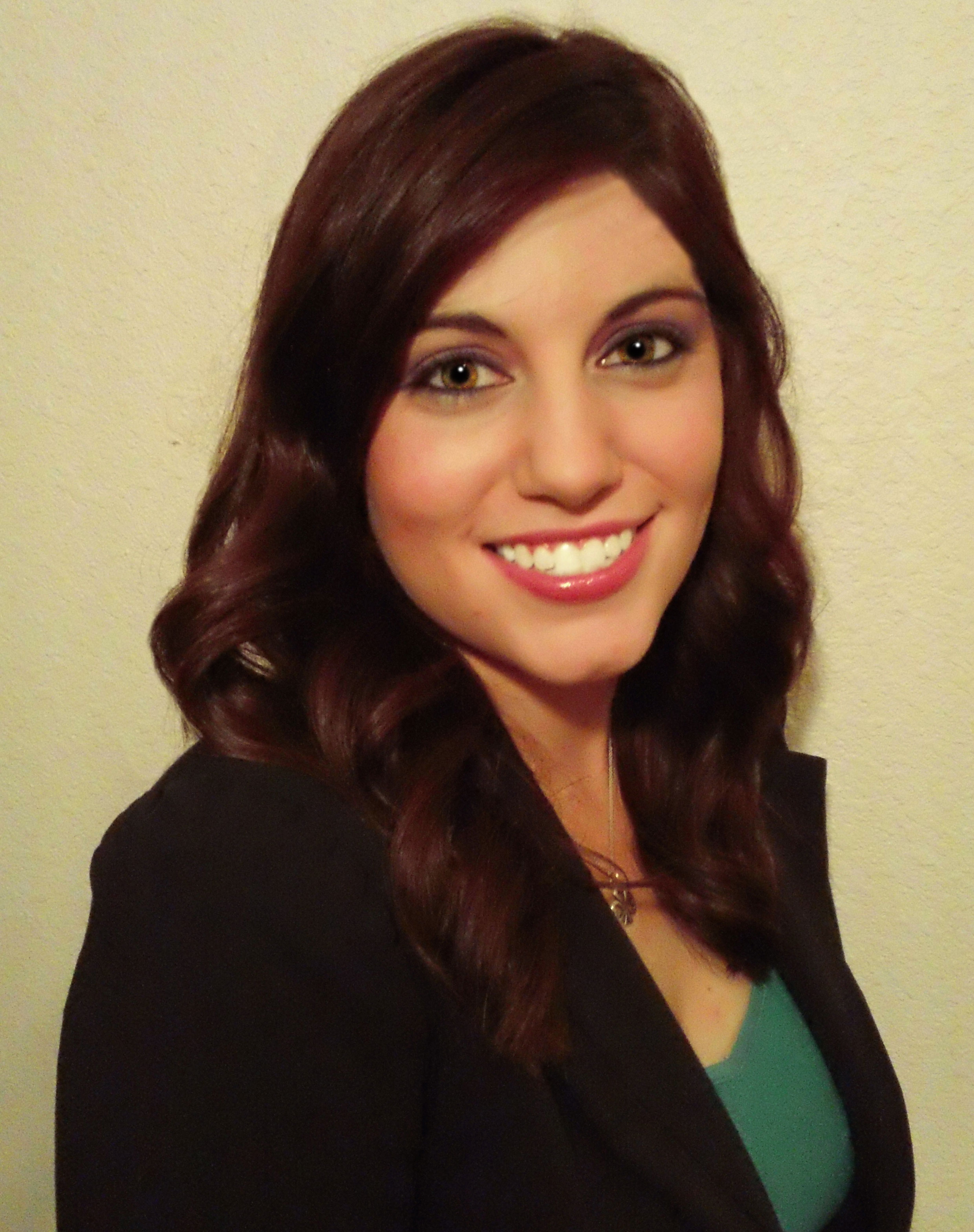 PRSA defines our collective interest of PR in this way: “Public relations is a strategic communication process that builds mutually beneficial relationships between organizations and their publics.” A key part of that definition is the phrase “mutually beneficial relationships.” Who are we as PR practitioners if we ourselves can’t create these bonds?
PRSA defines our collective interest of PR in this way: “Public relations is a strategic communication process that builds mutually beneficial relationships between organizations and their publics.” A key part of that definition is the phrase “mutually beneficial relationships.” Who are we as PR practitioners if we ourselves can’t create these bonds?
In the world we live in, connections are essential. They help us get the job we want, meet the people that will inspire us and market to the audience that is most receptive. If you’re reading this blog, I’m sure you’ve heard you’re supposed to network (the all powerful buzzword), but when you’re a fresh face to the business, it can be intimidating. How are we supposed to hold conversations with people with 25 years more experience? Make sure you’re executing these three tactics to make the most out of networking:
Position Yourself. Successful PR professionals are bountiful but when you’re looking to connect with them, they seem to be an elusive species. Luckily, there are many resources available to help with this process. The best way I’ve found to introduce myself to people I’d like to know is by utilizing my local PRSA chapter. Monthly luncheons and occasional happy hours provide the perfect venue for exchanging knowledge and business cards. Before attending an event, be sure to research organizations of interest and the key people within. This will help you find a way to start the conversation.
Follow Up. Meeting people that are doing what you want to do, and successfully, provides an invaluable insight into how to flourish in your dream career. After receiving those business cards and handshakes, don’t be afraid to connect with them in another venue – online. A Twitter follow or LinkedIn connection can help you absorb the expertise they share (and keep you on their radar for possible future connections). From here, you are starting to build on a solid foundation from people with various strengths, interests, and specialties that you can learn from.
Meet in Person. As PR professionals, successful or aspiring, most of us enjoy a cup of coffee or a cold craft brew from time to time. Although we all know the value of creating a strategic online presence, an in-person one is extremely important, too. These are where you can get into deep conversations and ask your burning questions. Some of my initial go-to’s were: “How did you get into this career?”, “Where do you get your news?”, or “What has been your most successful campaign and why?” No matter where you are in your career, face-to-face collaboration leads to unique points of view and possible paradigm shifts in your own work.
Building your network can be overwhelming, intimidating and time consuming, but with each connection you make, you grow your knowledge base and become the person that an inexperienced you was hoping to connect with.
 Christine Piela uses her expertise in public relations, website development, and customer relationship management as the Digital and Social Media Coordinator at Svinicki Association Management, Inc. She attended the University of Wisconsin-La Crosse where she earned her Bachelor of Science degree in Professional and Organizational Communication with her minor in Music. Christine is currently working towards other passions including improving her communication and leadership skills through Toastmasters International and is currently the Mentor Program chair on the Young Pros Committee for the Southeastern Wisconsin chapter of Public Relations Society of America. Connect with her on Twitter or LinkedIn.
Christine Piela uses her expertise in public relations, website development, and customer relationship management as the Digital and Social Media Coordinator at Svinicki Association Management, Inc. She attended the University of Wisconsin-La Crosse where she earned her Bachelor of Science degree in Professional and Organizational Communication with her minor in Music. Christine is currently working towards other passions including improving her communication and leadership skills through Toastmasters International and is currently the Mentor Program chair on the Young Pros Committee for the Southeastern Wisconsin chapter of Public Relations Society of America. Connect with her on Twitter or LinkedIn.




 Murewa Olubela is the Founder of The Single Story Foundation and was a past PRSSA Chapter President at the University of South Florida. Connect with her on
Murewa Olubela is the Founder of The Single Story Foundation and was a past PRSSA Chapter President at the University of South Florida. Connect with her on 


